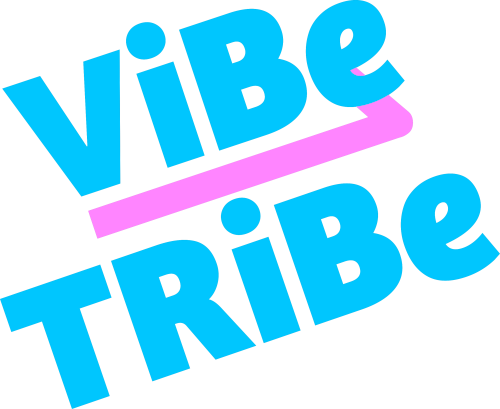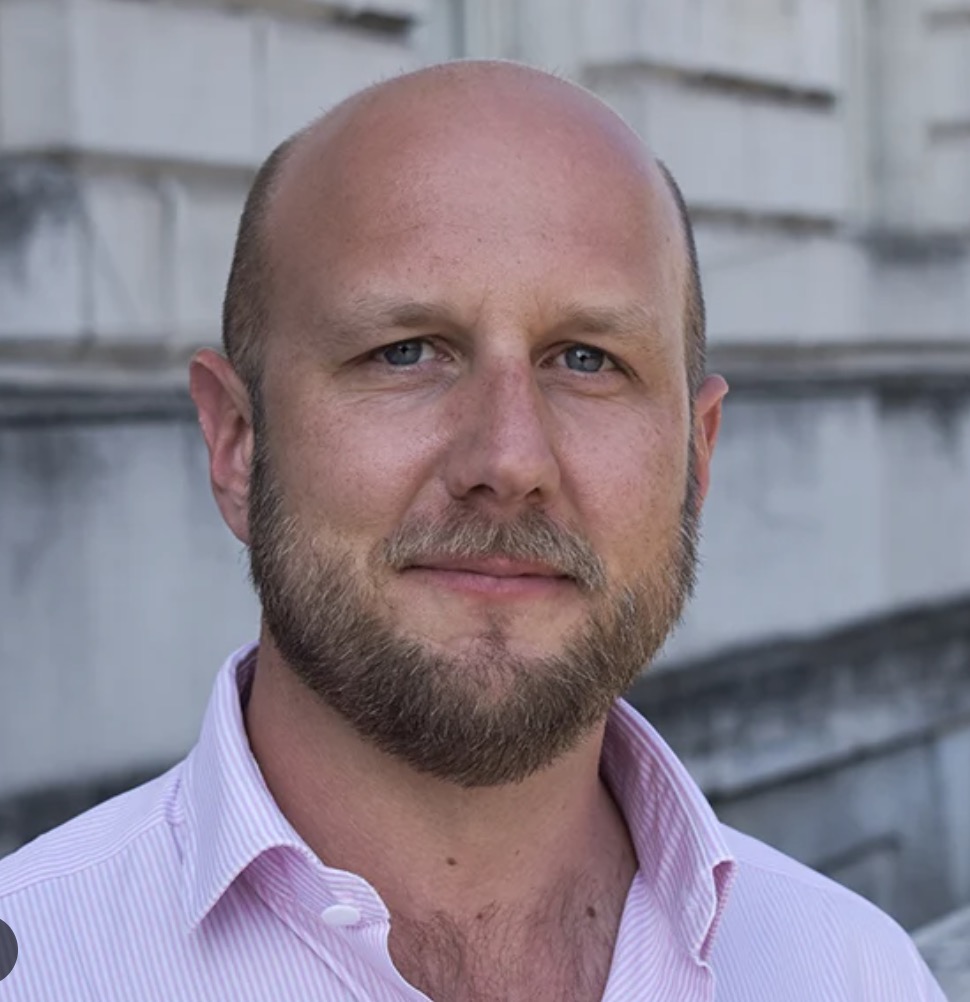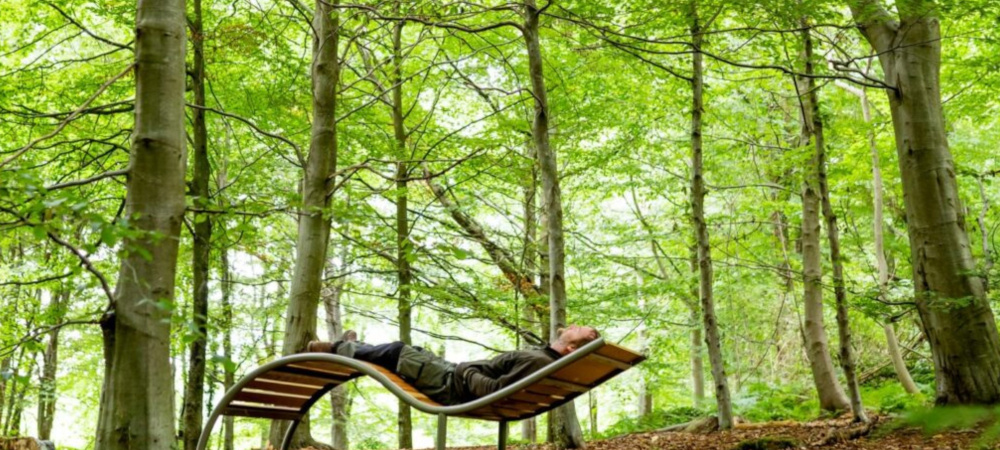There’s a quiet secret that’s been whispered across time, embedded in spiritual traditions and echoed in scientific research alike: happiness isn’t found in the past or the future — it’s right here, now. The present moment is the only moment we truly have, and within it lies the key to inner peace, clarity, and a richer life experience.
Yet in today’s hyper-connected, fast-paced world, it’s easy to miss the simplicity and depth of this truth. Many of us are either chasing the next goal or replaying the same memories, hardly ever pausing to truly inhabit the now. But something shifts when we do — and this shift touches every dimension of our mind, body, and spirit.
Why the Present Moment Matters More Than We Realize
Our minds are time-traveling machines. We're wired to plan, anticipate, recall, and regret. But the more we anchor ourselves in these mental wanderings, the more disconnected we become from what’s actually happening — our breath, our surroundings, our bodies, even our emotions.
Psychologist Matt Killingsworth conducted a study that tracked people's happiness levels throughout the day via an app. The surprising result? People were happiest not when they were doing something exciting or relaxing — but when their minds were focused on the present moment. Even mundane tasks like washing dishes created more joy when done mindfully. You can read more about that here.
When we engage with the present, we engage with life itself. The breeze on your skin, the warmth of a coffee cup, the laughter of a friend — these moments are often quiet, but they’re real. And they’re enough.
Mindfulness and the Science of Now
In recent years, mindfulness practices have gone mainstream — and for good reason. Numerous studies have shown that mindfulness reduces stress, anxiety, and even physical pain. One clinical trial published by Harvard researchers found that practicing mindfulness for just eight weeks physically changed brain regions related to memory, sense of self, empathy, and stress regulation.
What’s most encouraging is that you don’t need to become a monk to benefit from these effects. A few minutes a day of focused awareness — on your breath, your body, or your immediate environment — can begin to rewire your experience of life. If you’re looking to immerse yourself in an experience that brings these teachings to life, check out some of our latest events that focus on wellness and mindfulness.
The Trap of “When I…” Thinking
Have you ever caught yourself thinking, “I’ll be happy when…”? Maybe when you land that job, meet the right partner, or go on that dream holiday. This mindset places happiness somewhere off in the distance — always arriving, never here.
This “destination addiction” can quietly rob us of joy. Even when we reach the goals we set, the mind quickly moves the target. But the truth is, joy can be accessed now — before the outcome, without the condition. This is the message at the heart of the teachings in Eckhart Tolle’s famous book The Power of Now, which has helped millions awaken to the richness of the present moment.
Real Stories: What Happens When You Live in the Now
Consider Sarah, a marketing manager who constantly felt on edge, juggling work deadlines, social pressures, and future plans. After attending a mind, body, spirit retreat, she began practicing daily mindfulness — not hours of meditation, but five minutes of just breathing and observing her surroundings.
“I realised I’d been living like I was waiting for life to begin,” she says. “Now, even making tea feels like a gift.”
Or James, who struggled with anxiety and rumination. He discovered that by simply noticing his thoughts — not fighting them — and bringing his attention back to what he could see and hear, his panic attacks decreased significantly. His journey began at a wellness event that introduced somatic practices and breathwork.
There’s immense power in these seemingly small shifts.
Techniques to Reclaim the Present
- 1. The 5-4-3-2-1 Grounding Method: Look around and name 5 things you can see, 4 you can touch, 3 you can hear, 2 you can smell, and 1 you can taste. This engages all your senses in the moment.
- 2. Conscious Breath: Take a deep breath in. Hold. Let it go. Focus on nothing but your breathing for one minute. This resets your nervous system.
- 3. Single-tasking: Try doing just one thing at a time. Eat without your phone. Walk without headphones. Be fully there.
- 4. Attend events that align with the present: Whether it's yoga, sound baths, forest walks, or wellness workshops — these experiences naturally encourage presence.
The Role of the Body in Anchoring the Now
Our bodies are always in the present — it’s only our minds that wander. Somatic practices like breathwork, yoga, and dance help bridge this gap. When we move with awareness, we bring the mind home to the body — and to the now.
This is why many mind, body, spirit gatherings include movement-based practices. These aren’t just feel-good activities; they’re evidence-backed pathways to mental clarity, emotional resilience, and even improved immune function.
The Hidden Costs of Disconnection
When we’re not in the present, we often operate on autopilot. We eat without tasting, scroll without feeling, speak without listening. Over time, this disconnection can lead to burnout, shallow relationships, and a persistent sense that something is missing.
It’s no coincidence that mindfulness-based therapies are now being used for everything from addiction recovery to trauma healing. Presence is medicine. And it’s freely available, wherever you are.
Presence in Relationships
Being present doesn’t just benefit us — it transforms how we connect with others. Have you ever spoken to someone who was truly listening? Not waiting to reply, not distracted — just there with you. It feels rare and deeply nourishing.
Imagine bringing that same presence to your relationships. Conflict softens, empathy grows, love deepens. This is what happens when we give people the gift of our full attention.
What If the Present Is Uncomfortable?
Sometimes the present moment isn’t pleasant — it may be boring, painful, or uncertain. But even here, presence has power. Rather than escaping discomfort, staying with it can dissolve its grip. As mindfulness teacher Tara Brach often says, “What we resist, persists.”
By meeting each moment as it is — not as we wish it to be — we become more resilient, more real, and more compassionate with ourselves and others.
Everyday Opportunities to Practice
- Notice the feel of water on your hands when washing dishes.
- Pause before answering a phone call. Take one breath.
- Watch the sky for one minute each day without naming what you see.
- Spend 10 minutes outdoors daily — no devices.
Presence isn’t about perfection — it’s about returning. Again and again, to the only moment we truly have.
A Different Kind of Wealth
We often associate wealth with money, but time is perhaps our most precious currency. And how we spend it determines the quality of our lives. When we live in the now, time stretches, colours sharpen, and even ordinary moments shine.
This isn’t just philosophy — it’s freedom. Freedom from anxiety, comparison, and regret. Freedom to be fully alive.
In Summary
Choosing to live in the present is choosing a life of depth, simplicity, and joy. Whether you’re sipping tea, walking your dog, or dancing barefoot at a mind, body, spirit event, this moment — right now — is your life.
If you’d like to explore this further, browse our upcoming events or filter by wellness to discover experiences that support a mindful life. Or, dive deeper into the science and practice of living in the moment in this beautiful video: The Power of Now Explained.
What would your life feel like if you stopped postponing joy?


